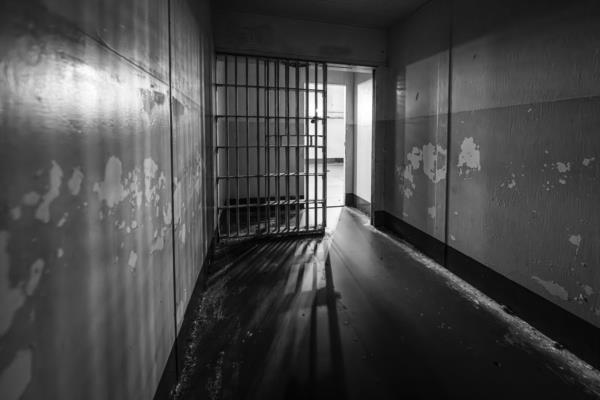
Ahmed Abu Khatallah, the Libyan militia leader, has been resentenced to 28 years in prison for his role in the deadly 2012 terrorist attack on the US consulate in Benghazi. This decision comes after a federal appeals court in Washington, DC, deemed his original sentence of 22 years as 'unreasonably low' and ordered a resentencing.
Despite federal prosecutors pushing for a minimum of 60 years to life, US District Judge Christopher Cooper opted to add just six more years to Khatallah's sentence. Judge Cooper stated that he did not believe the crimes Khatallah was convicted of warranted a significantly longer prison term.



In 2018, Khatallah was found guilty on four federal charges related to his involvement in the Benghazi attack. These charges included conspiracy to provide material support and resources to terrorists, providing material support and resources to terrorists, destroying a federal building, and carrying a semiautomatic assault weapon during a crime of violence.
The resentencing of Ahmed Abu Khatallah highlights the complexities and challenges of prosecuting individuals involved in high-profile terrorist attacks. While the new sentence of 28 years falls short of the prosecution's request, it represents a significant increase from his original term and serves as a form of accountability for his actions.







